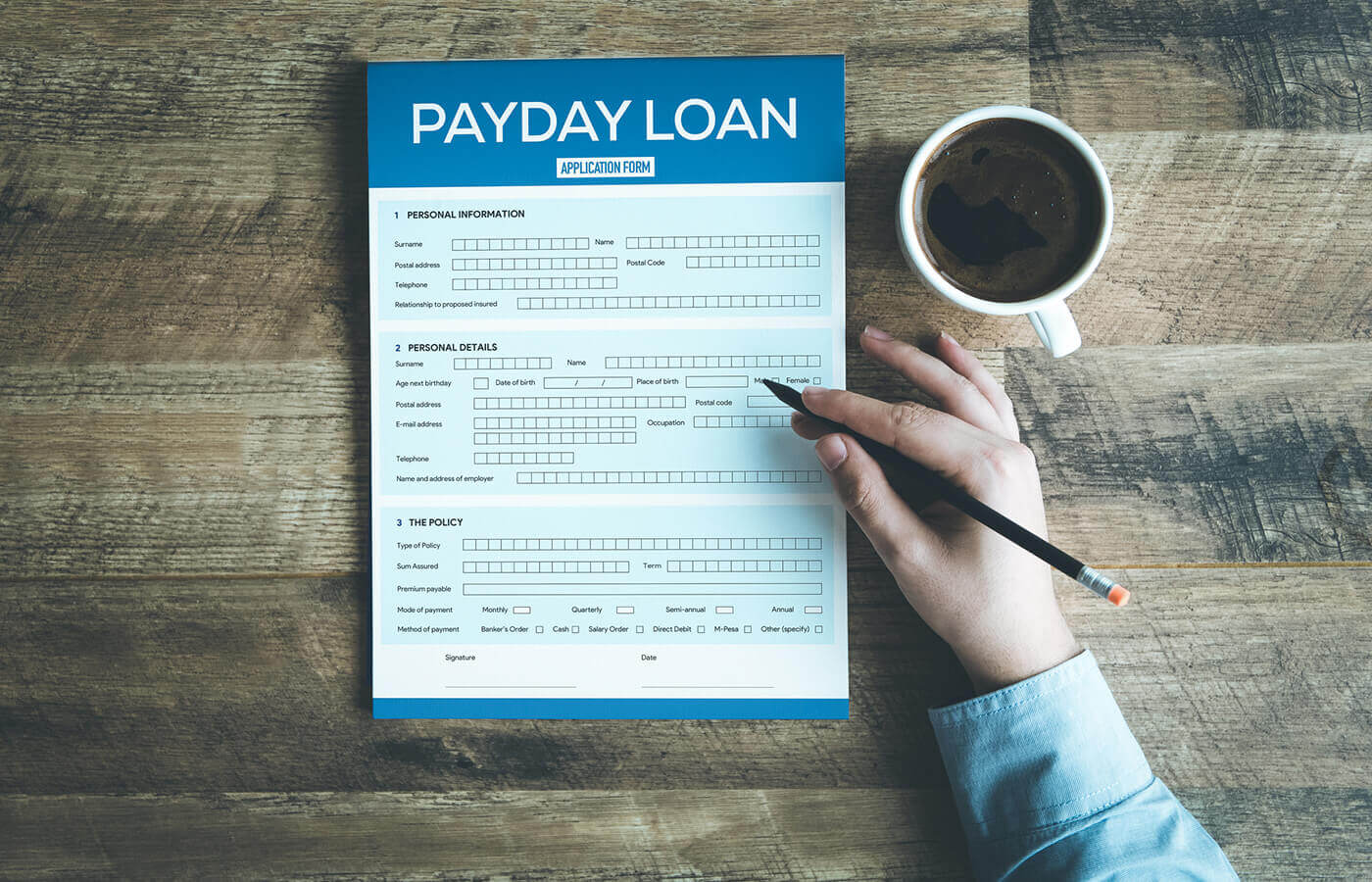A Comprehensive Guide to Home Loans: Provider and Options Explained
Charting the world of home financings can be complex. Various choices exist, each with one-of-a-kind features and effects for prospective home owners. Understanding the distinctions in between standard and government-backed loans is necessary. The application procedure entails precise paperwork and pre-approval steps that numerous forget. As debtors begin on their home-buying journey, understanding how to manage these duties properly could suggest the distinction in between financial security and difficulty. What approaches can encourage them on this course?
Understanding Home Loans: Types and Terminology
Understanding the various sorts of home mortgage and their associated terms is necessary for prospective homeowners, as it outfits them with the expertise required to make enlightened economic choices. Home loans can be broadly classified into fixed-rate and adjustable-rate mortgages. Fixed-rate home loans preserve a consistent rates of interest over the life of the car loan, providing security in regular monthly payments. Fast Cash. Alternatively, adjustable-rate home loans feature rate of interest that might vary after an initial set duration, possibly resulting in reduced preliminary payments however raised future prices
Additional terms is essential for quality. Principal describes the lending quantity borrowed, while rate of interest is the cost of borrowing that quantity. The regard to the lending shows its duration, normally ranging from 15 to three decades. Understanding these basic concepts makes it possible for potential purchasers to browse the complicated landscape of home funding, ensuring they pick the right loan choice that aligns with their economic situation and long-lasting objectives.
Standard Financings vs. Government-Backed Loans
A significant distinction in home financing exists in between government-backed car loans and traditional finances, each satisfying different borrower demands and scenarios. Standard loans are not insured or ensured by the government and normally require higher credit rating scores and down payments. They are often appealing to consumers with secure economic histories, as they might use affordable interest prices and terms.
On the other hand, government-backed financings, such as FHA, VA, and USDA lendings, are designed to aid details teams of debtors, including newbie property buyers and experts. Payday Loans. These fundings typically include lower deposit requirements and even more adaptable credit rating criteria, making them accessible to a broader array of people
Eventually, the choice in between conventional and government-backed fundings rests on the borrower's financial situation, lasting goals, and eligibility, making it necessary to carefully examine both options before making a choice.

The Role of Rate Of Interest in Home Funding
Rate of interest play an essential duty in home funding, affecting debtors' decisions between fixed and variable price financings. The selection in between these alternatives can considerably affect monthly repayments, impacting total cost. Understanding how passion rates work is vital for anybody maneuvering with the home car loan procedure.
Dealt With vs. Variable Prices
Homebuyers face an important choice when choosing between dealt with and variable prices, as this choice substantially affects the cost of funding gradually. Fixed-rate home mortgages use security, securing in a passion rate for the life of the finance, which can be advantageous in a climbing rates of interest environment. This predictability enables homeowners to budget plan a lot more successfully. Conversely, variable-rate mortgages, or variable-rate mortgages (ARMs), commonly begin with lower first prices that can fluctuate based on market problems. While this might bring about reduced preliminary settlements, customers deal with the risk of raised rates in the future. Inevitably, the selection in between fixed and variable prices relies on specific monetary scenarios, danger resistance, and expectations pertaining to future interest rate patterns.
Effect On Month-to-month Payments
When assessing home funding alternatives, the effect of rate of interest on monthly payments is a vital aspect to consider. Rate of interest straight influence the overall cost of borrowing, influencing just how much a customer will pay monthly. A reduced rates of interest results in smaller regular monthly repayments, making homeownership extra budget friendly. Conversely, higher prices can significantly enhance regular monthly obligations, potentially straining a property owner's budget. Additionally, the car loan term plays a vital role; longer terms might spread payments out yet can cause paying even more interest gradually. Recognizing how rates of interest engage with financing amounts and terms is necessary for borrowers to make enlightened monetary choices and choose a home loan that aligns with their long-lasting economic goals.
Home Mortgage Brokers vs. Straight Lenders: Which Is Right for You?
When thinking about a mortgage, possible debtors should understand the distinct roles and duties of home mortgage brokers and straight lenders. Each choice provides its very own advantages and drawbacks, which can substantially affect the overall price of funding. An informed choice needs cautious evaluation of these factors to establish the very best fit for specific demands.
Functions and Obligations Defined
Maneuvering the complexities of home funding needs a clear understanding of the duties and duties of home loan brokers and direct lending institutions. Home loan brokers act as intermediaries, connecting customers with loan providers. They analyze a debtor's monetary scenario, curate car loan choices, and guide customers with the application procedure, typically leveraging several loan provider relationships to secure desirable terms. Alternatively, straight lenders, such as financial institutions and cooperative credit union, provide fundings straight to consumers. They take care of the whole loan process, from application to financing, with a focus on their very own items. Each option presents distinct avenues for acquiring funding, making it crucial for consumers to review their preferences and needs when deciding in between involving a mortgage broker or working with a straight lending institution.
Cons and pros Comparison
Picking between a home mortgage broker and a direct loan provider can considerably influence the home funding experience, as each option supplies one-of-a-kind advantages and downsides. Mortgage brokers work as intermediaries, offering access to several lending institutions and possibly better rates, while simplifying the funding process. They might charge costs and depend on commission structures that could affect their recommendations. On the other hand, straight lending institutions improve the procedure by using in-house finances, which can result in quicker authorizations and get more less issues. Conversely, they might have a limited option of items and less flexibility regarding prices. Ultimately, the choice depends upon private choices, monetary situations, and the wanted level of assistance throughout the mortgage journey.
Price Ramifications Analyzed
While reviewing the cost ramifications of home mortgage brokers versus direct lenders, potential homeowners have to consider different factors that can substantially affect their total costs. Home mortgage brokers usually charge costs for their services, which can differ substantially, affecting the general loan expense. They usually have accessibility to a wider range of finance products and competitive prices, possibly conserving debtors cash in the lengthy run. On the other hand, straight lending institutions might supply a much more straightforward process with perhaps reduced ahead of time prices, yet their finance alternatives might be restricted. It is important for property owners to compare rate of interest, fees, and terms from both lenders and brokers, guaranteeing they make an article source enlightened choice that lines up with their monetary objectives and needs.
The Home Loan Application Refine: What to Anticipate

The home finance application procedure can often feel daunting for several candidates. It typically starts with collecting needed documents, including proof of revenue, credit scores background, and individual recognition. Lenders use this information to evaluate the applicant's monetary stability and figure out lending eligibility.
Next, applicants send an official application, which might include submitting online kinds or giving information personally. During this phase, lending institutions examine different factors, such as debt-to-income proportion and credit rating, to select finance terms.
When pre-approved, the lender will certainly perform a detailed assessment of the home to determine its worth straightens with the car loan amount. This phase may also consist of extra background checks.

After last authorizations and conditions are met, the loan is refined, resulting in the closing phase. Comprehending each action equips applicants, making the trip smoother and extra workable as they relocate towards homeownership.
Tips for Handling Your Home Car Loan Properly
Effectively maneuvering the mortgage application procedure is simply the beginning of a liable monetary journey. Handling a home financing calls for focus to a number of essential practices. Consumers should develop a clear budget plan that accommodates regular monthly mortgage repayments, property taxes, and insurance policy. Consistently evaluating this budget plan assists prevent overspending and assurances timely payments.
Furthermore, making extra settlements when possible can substantially minimize the funding principal and complete interest paid in time. Consumers should also keep open lines of communication with their lender, particularly in times of monetary trouble. This can lead to prospective options such as car loan adjustments or re-financing choices.
Ultimately, it is a good idea to keep an eye on credit rating regularly. A good credit rating can supply opportunities for better finance terms in the future. Cash Advance. By complying with these pointers, home owners can navigate their car loan obligations effectively, guaranteeing long-lasting monetary health and wellness and security
Often Asked Inquiries
What Are Closing Costs and How Are They Determined?
Closing costs include costs related to completing a home loan, including appraisal, title insurance, and loan source charges. These costs typically vary from 2% to 5% of the lending quantity, varying based on location and lender.
Can I Receive a Home Mortgage With Bad Debt?
Yes, people with poor debt can get a home mortgage, though options might be restricted. Lenders usually need higher down settlements or rates of interest, and exploring government-backed lendings might improve opportunities of approval.
What Is Mortgage Insurance coverage and When Is It Called for?
Home mortgage insurance policy safeguards lenders versus default and is generally required when a borrower makes a down settlement of less than 20%. It assures that loan providers recuperate losses if the debtor falls short to pay back the car loan.
How Does Refinancing Work and When Should I Consider It?
Refinancing entails changing an existing home loan with a new one, usually to safeguard a reduced rate of interest rate or adjustment finance terms. Property owners need to consider refinancing when passion prices go down considerably or their financial situation boosts.
What Takes place if I Miss a Home Mortgage Settlement?
If a home mortgage repayment is missed, the loan provider typically evaluates late fees, reports the misbehavior to credit bureaus, and may initiate foreclosure proceedings if payments continue address to be neglected, eventually threatening the homeowner's property.
Fixed-rate home mortgages keep a regular rate of interest rate over the life of the funding, supplying stability in month-to-month repayments. A substantial difference in home funding exists between government-backed car loans and traditional fundings, each catering to various borrower needs and circumstances. In contrast, government-backed fundings, such as FHA, VA, and USDA finances, are developed to assist particular teams of borrowers, including new property buyers and veterans. Passion prices play an important function in home financing, affecting borrowers' choices between variable and fixed price finances. Fixed-rate home mortgages supply security, locking in a passion rate for the life of the car loan, which can be advantageous in an increasing passion rate setting.